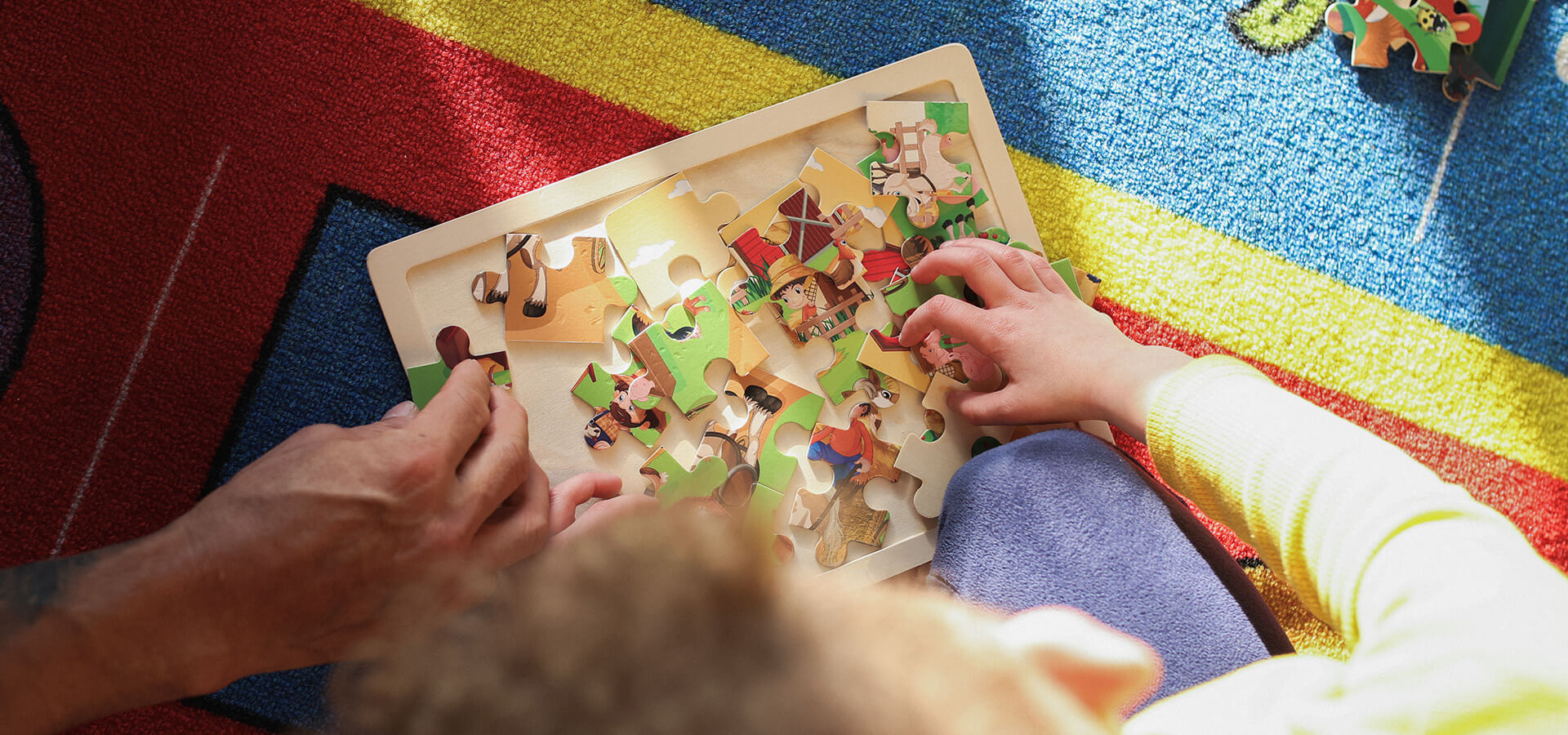Start Your Autism Journey
Every family’s path is unique. Whether you’re seeking a diagnostic evaluation to confirm autism, or are ready to begin ABA therapy, Caravel is here to guide you with clarity and compassion.
Common Questions About Getting Started
Once you submit the form, a member of Caravel’s team will reach out promptly to review your request and answer any questions. They will help you schedule a diagnostic evaluation or ABA therapy, explain the next steps, verify your insurance coverage, and provide guidance so you know what to expect.
No referral is required to get started at Caravel. Families can self-refer by submitting the form above to schedule a diagnostic evaluation or ABA therapy. Caravel’s team will guide you through insurance verification and next steps.
Caravel strives to schedule diagnostic evaluations and therapy sessions as quickly as possible. Typically, families are contacted within a few business days after submitting the form, and an appointment is scheduled based on clinician availability, your child’s needs, and your preferred location.
A diagnostic evaluation is a comprehensive assessment to determine whether your child has autism or other developmental differences. It provides a clear diagnosis, detailed recommendations, and a roadmap for next steps.
ABA therapy is ongoing, individualized therapy that helps children build communication, social, and daily living skills while reducing challenging behaviors. Evaluations guide therapy, but ABA therapy is the actual intervention that supports skill growth and independence over time.
If your child receives a telehealth evaluation, depending on his or her age and level of communication skills, you can expect to support the doctor’s observations by engaging in a number of structured activities with your child. Older children with more developed communication skills will interact directly with the doctor. If your child receives an in-person evaluation, (again) depending on his or her age and level of communication skills, you will be asked to sit in the room with the technician as the tests are administered to your child. If your child is older and has age-appropriate language skills, you may be asked to wait in the waiting room.
Almost every insurance plan covers autism therapy, but there are a few exceptions. We will verify this for you as part of the onboarding process.
There is no specific age at which a child can be evaluated for autism, and we encourage parents to receive an evaluation as early as possible when they start to be concerned about their child’s development. We can start seeing signs of social communication deficits as early as 12 months of age, with restricted and repetitive patterns of behavior emerging between 12 and 36 months of age. Caravel serves children between the ages of 12 months and 11 years.
Get Started with ABA Therapy at a Caravel Center Near You
Our centers are designed for children on the autism spectrum, with one-to-one therapy, peer interaction, and spaces that build communication, social skills, and independence. With 60+ locations across nine states, from big towns to small communities, our teams are ready to support your family’s journey.

